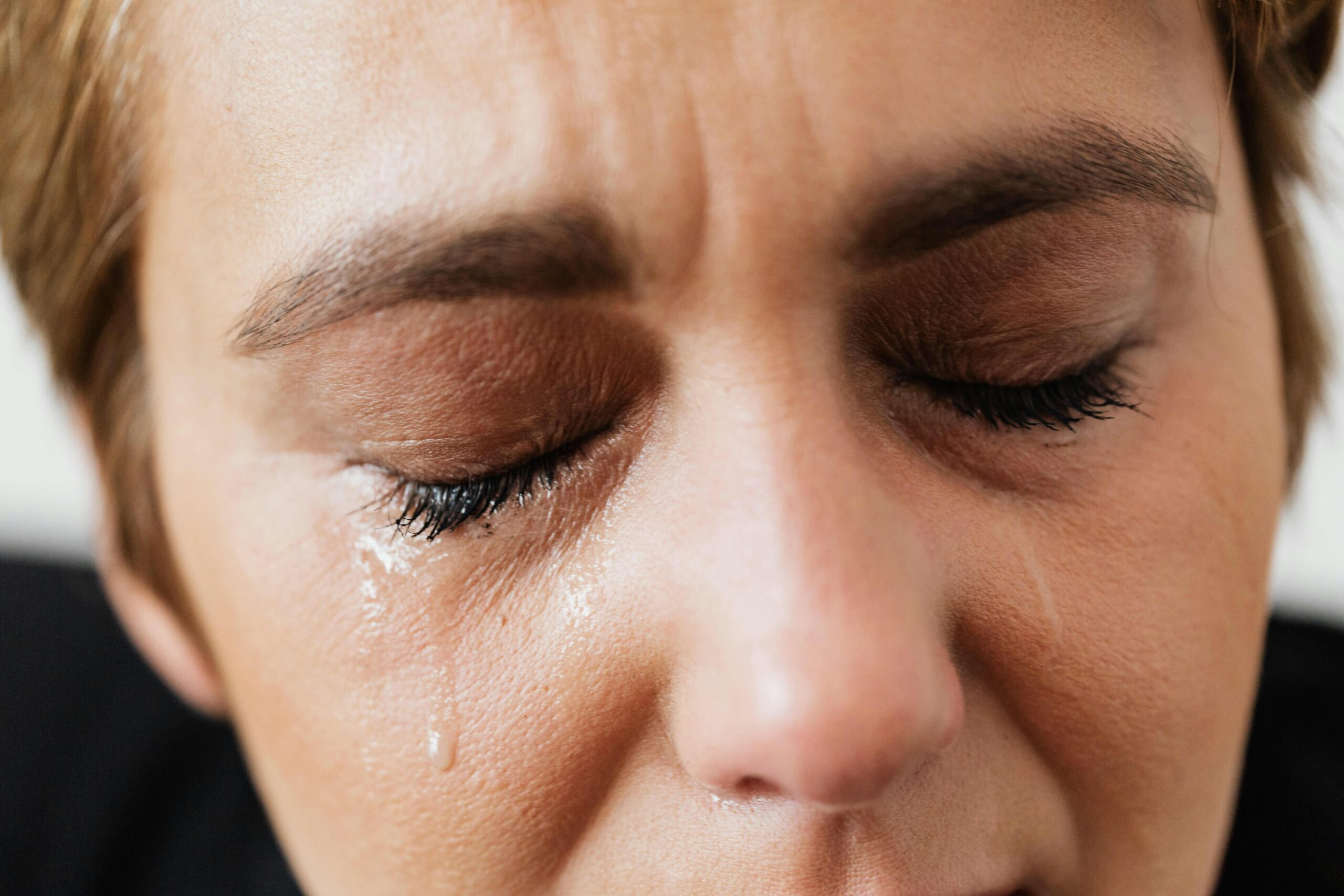Autism Diagnosis is Different in Midlife
By Michelle Labine May 9, 2025
There’s something uniquely disorienting—and quietly profound—about discovering you’re Autistic in your 40s or beyond.
It’s not the same as being diagnosed in childhood, or even in early adulthood. By this point, most of us have lived through so many full and complex chapters. We’ve raised children, built careers, held relationships together through joy and rupture. We’ve cared for others, rebuilt after loss, made hard decisions. We’ve adapted, survived, kept going.
And all the while, we’ve done it without a framework that truly explained why it felt so effortful. Why we often felt out of sync. Why things that seemed simple for others left us depleted. Why we carried so much and still felt like it wasn’t quite enough.
So, when a diagnosis—or a quiet, certain self-knowing—arrives in midlife, it doesn’t just bring clarity.
It rearranges everything.
It invites us to look back on every earlier version of ourselves with new eyes. And while that can feel like a breath finally being released, it can also open the door to something tender and heavy:
Grief.
We Lived Entire Lives Without a Word for It
For so many of us, autism wasn’t something we saw reflected in ourselves—because it wasn’t presented in ways that included us.
The diagnostic criteria weren’t written with girls or women in mind. We weren’t the ones being flagged. We were the ones praised for being helpful, high-achieving, quiet. Or dismissed as overly emotional, dramatic, rigid, intense. Too much, not enough—depending on the day.
So we became skilled at performing. At adjusting. At staying just barely afloat beneath the surface of what others saw as “fine.”
I spent years thinking I was difficult—not because someone told me that directly, but because of the subtle ways I learned to tone myself down. To anticipate other people’s needs. To apologize for my reactions. To feel ashamed of what felt natural.
So when I came across the word Autistic in a way that finally made sense—it stopped me in my tracks.
It wasn’t shame I felt. It was a kind of exhale. Because suddenly, I wasn’t difficult.
I was just different.
And no one had ever told me that was okay.
The Grief That Comes With Knowing
There is grief in the knowing.
Grief for the child who learned to mask early.
Grief for the teenager who tried so hard to belong.
Grief for the woman who pushed through, quietly overwhelmed, thinking it was a character flaw.
Grief for the relationships where we were misunderstood, where we over-functioned or disappeared.
Grief for not being known—not even to ourselves.
It’s not just grief for the diagnosis we missed. It’s grief for who we might’ve been—if only we had known sooner.
There’s a tendency to want to skip over this part. To go straight to gratitude or action. To say, Well, at least I know now. But the grief deserves space.
It’s a natural part of integrating a truth that arrives later than it should have.
Unlearning and Returning
This work—this coming into a new understanding of ourselves—isn’t just about learning. It’s about unlearning.
Unlearning the ways we minimized our needs.
Unlearning the habits of over-functioning and under-asking.
Unlearning the idea that we were too sensitive, too intense, too much.
And this work doesn’t happen in a vacuum. It’s happening while we’re still parenting, still working, still navigating shifting relationships, changing hormones, aging parents, evolving identities. The diagnosis or realization doesn’t arrive into stillness. It arrives into a life already full.
But it still matters.
Because now, we get to pause. We get to listen in a way we never could before. We get to ask: What if I stop overriding myself? What if I let this new knowing soften the way I live? What if I stop apologizing?
A Personal Reflection
For me, this journey has been both beautiful and brutal.
There are moments I look back on and ache—for the younger me who was trying so hard to get it right. Who blamed herself for feeling overwhelmed. Who didn’t know why socializing left her so drained. Who thought her exhaustion meant she was doing life wrong.
But now, I see her with so much more compassion. She wasn’t weak. She wasn’t broken.
She was navigating an unsupported nervous system. She was adapting. She was surviving.
And she got me here.
Now, I get to make different choices. I get to honour my rhythms. I get to stop performing. I get to parent myself with tenderness.
And I get to write this—for you, for us—so that you know you’re not alone.
It’s Not Too Late
If you’ve been diagnosed after 40—or found your way to this identity through your own unfolding—you are not behind.
You are arriving.
You are stepping into a fuller, truer version of yourself. One that holds your past with compassion and meets your present with clarity.
You don’t need to rush this. You don’t need to prove anything.
You are allowed to be in process.
You are not too much.
You are not broken.
You are not imagining it.
You are finally, beautifully, being seen.
And maybe—just maybe—you’re beginning to see yourself, too.
- What parts of me did I learn to hide in order to be accepted?
- What do I no longer want to apologize for?
- Where in my life do I feel most like myself—and where am I still performing?
- What does self-trust look like for me now?


